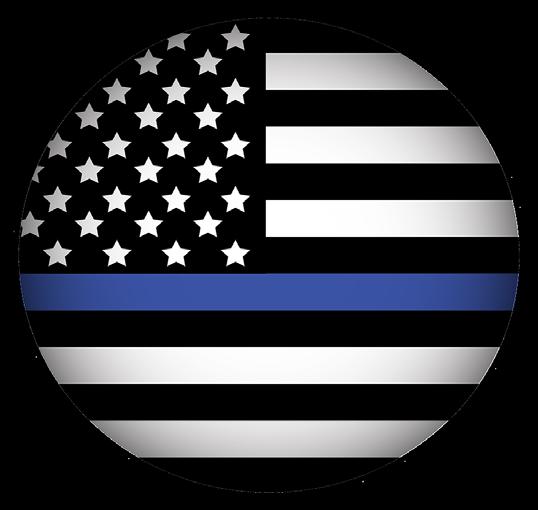Telehealth is a Lifeline for California Veterans at Confidential Recovery “It’s really been an interesting variety of circumstances that have led Veterans to participate in our drug counseling program via telehealth,” says Jay Wylie, a Veteran-in-Recovery and Operations Manager of Confidential Recovery. “We have an injured Purple Heart recipient who can’t travel to our ‘on-site’ sessions. Another recovering Veteran is currently participating from his hospital bed. Some are geographically distant, and others have disabilities which make it difficult to drive or even use public transportation.” For some Veterans, the telehealth option is a matter of convenience, and they attend sessions both in person, and via telehealth, depending on their work schedules and other commitments. Fentanyl Has Left No Margin for Error
Veterans have traditionally been prone to struggle with PTSD, substance addiction, and suicidal ideation. These challenges were exacerbated during the pandemic, during which many Veterans were isolated from their recovery support systems. Confidential Recovery is an outpatient treatment program in San Diego that helps Veterans achieve sustainable recovery from a substance use disorder (SUD). During the COVID-19 pandemic, the program expanded their telehealth offerings to allow Veterans to receive treatment remotely. But now, even as life returns to normal, the San Diego drug rehab continues to enroll many Veterans into treatment remotely via Telehealth, and even expanded the offering to anyone in California. Veterans in remote treatment will participate in ‘one-on-one’ addiction counseling, and can also be set up in the room with other ‘live’ participants for group counseling sessions, giving them a sense of belonging and camaraderie. Veterans who are still feeling unsure about seeking help can call in and take advantage of the anonymity of just listening to their counselor, without being seen.
20
WWW.HomelandMagazine.com / JUNE 2022
The stakes have been raised for Veterans who struggle with an SUD, particularly if they are using opioids or any street drug that may contain the hyper-potent opioid, fentanyl. Accidental overdose is now the leading cause of death for people aged 18 to 45 (according to the U.S. Centers for Disease Control). Of course, Veterans are a ‘high risk’ demographic, as they struggle with substance abuse at a higher rate than civilians. “The prevalence of fentanyl has been absolutely tragic. No longer can we work with families to stop enabling their loved one and wait for them to ‘hit bottom’ to find the willingness to change. When it comes to fentanyl, every use can be fatal,” says Jay Wylie. Support a Veteran this PTSD Awareness Month June is PTSD Awareness Month. Veterans are at higher risk for suicide, depression, PTSD, anxiety, and substance addiction. Reach out and thank the Veteran in your life for their service, and ask how they are doing. Be sure to give them your full attention, and maintain a non-judgmental attitude. Encourage a Veteran to Get Help Before They Need It Make sure that any Veteran in your life is aware that there is help available if they are struggling with emotions of any kind.





















